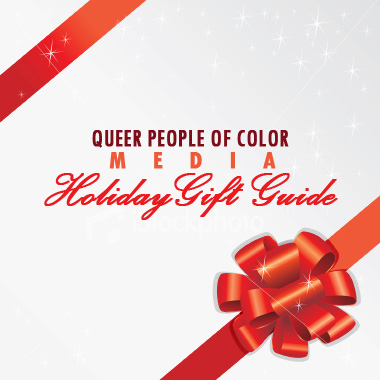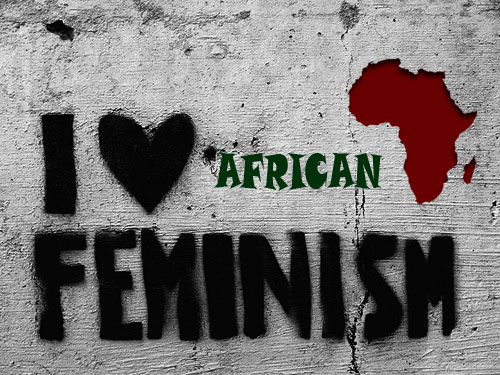As a follow up to my last piece about how media can help facilitate "coming out" or facilitating important conversations about sexuality over the holidays, I've compiled a list 10 of my picks for books, film, and music created by queer people of color that would make excellent gifts! If…
-
Afrofeminism - Blog - Books - Creative Corner - Film - Gender and LGBT Issues - Media - Music - Race, Culture, Ethnicity
-
Surviving the Holidays as Queer People of Color: Give the Gift of Media
As a group that is routinely judged, shunned, and fighting for acceptance, we as LGBTI (Lesbian, Gay, Bisexual, Transgender, Intersex) people are often pigeon-holed into playing the role of educator to the people that inflict the most pain on us, our friends and family. But it doesn't always have to…
-
This Is What an African Feminist Looks Like
The following interview was originally published at Ms. Magazine via the Femisphere, a profile interview series about feminists in the blogsphere. The series featured three Nigerian feminists, prompting my reflection on "internet lists" via the post, "What Does an African Feminist Look Like?" (and even a head-nod from Melissa Harris-Perry!).…
-
3 LGBT-Friendly African Feminist Organizations Who Aren’t Afraid of Using the F-Word
Given the tensions that exist within and around African feminism, I was pleasantly surprised to find (and get to know) three amazing organizations that have found a way to strike a balance between engaging all kinds of women from where they are and empowering women who already identify as feminists…
-
African Feminism - Afrofeminism - Blog - Keynotes, Talks, and Presentations - Media - Media Activism - My Work - New Media - Speaker Services - Thought Leadership
I am An African Feminist Cyborg: Activism, Fundraising and Security Online
I am an African feminist cyborg! The feminist cyborg is at home both online and offline, and her activism is reflected in her online life (whether it is through blogs, tweets and general online presence) as well as in what she does offline (working for a feminist organization, working with…
Online rulet oyunları gerçek zamanlı oynanır ve online slot casino bu deneyimi canlı yayınlarla destekler.
İnternet üzerinden eğlence bahsegel giriş arayanlar için deneyimi vazgeçilmezdir.
Kullanıcıların hesaplarına hızlı ve sorunsuz bettilt ulaşabilmesi için adresi her zaman güncel tutuluyor.




